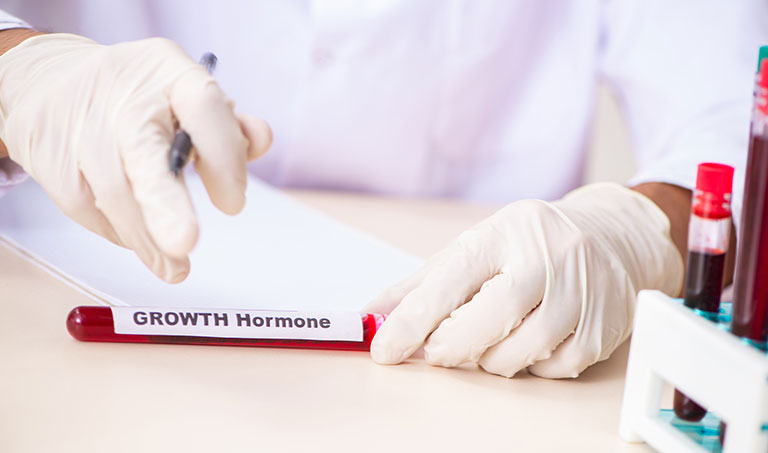The growth hormone test is a critical diagnostic tool used by healthcare professionals to assess the levels of growth hormone (GH) in the blood. GH, also known as human growth hormone (HGH) or somatotropin, plays a vital role in growth, body composition, cell repair, and metabolism. This article explores the procedure, significance, and interpretation of the results of a growth hormone test.
Understanding the Growth Hormone Test
The growth hormone test is conducted to diagnose conditions related to abnormal levels of GH in the body, such as growth disorders in children and adults. The test is particularly important for identifying growth hormone deficiency in children, leading to stunted growth, and in adults, it can result in decreased bone density and muscle mass. Conversely, excessive GH can cause gigantism in children and acromegaly in adults, conditions characterized by excessive growth and various health complications.
Procedure of the Growth Hormone Test
The test involves drawing blood from a vein, typically in the arm, and analyzing it for GH levels. Preparation for the test may include fasting and avoiding certain medications that can interfere with GH levels. The procedure is straightforward and follows the standard protocol for a blood draw, with specific preparation instructions provided by the healthcare provider based on the type of GH test being performed.
Types of Growth Hormone Tests
There are several types of GH tests, each designed to evaluate GH levels under different conditions. The most common is the GH serum test, which measures the GH level at the time of the blood draw. However, since GH levels fluctuate throughout the day, additional tests like the GH suppression test and the GH stimulation test may be necessary for a comprehensive evaluation. These tests involve administering substances that either suppress or stimulate GH production, followed by measuring the GH response.
Interpreting the Results
Interpreting the results of a GH test involves comparing the measured GH levels to the expected normal ranges. Low levels may indicate a GH deficiency, requiring further evaluation and potentially leading to treatment with synthetic GH. High levels may suggest an overproduction of GH, prompting additional investigations to determine the underlying cause. Normal test results generally indicate that the GH levels are within the expected range for the individual’s age and health status.
Outcome and Significance
The outcome of a GH test can significantly impact the diagnosis and treatment of growth-related disorders. Accurate diagnosis allows for timely intervention, which can improve growth outcomes in children and manage symptoms in adults. For individuals diagnosed with GH deficiencies or excess, treatment options may include hormone replacement therapy or medication to normalize GH levels, enhancing quality of life and preventing complications.
The growth hormone test is a vital diagnostic tool that plays a crucial role in identifying and managing growth-related disorders. Understanding the procedure, outcomes, and significance of this test can empower individuals to seek timely medical advice and treatment options.
Optimal Health and HGH Peptide Therapy
At Optimal Health, we understand the complexities associated with diagnosing and treating conditions related to GH imbalances. Our HGH peptide therapy offers a cutting-edge treatment option designed to naturally stimulate the body’s production of growth hormone, promoting optimal health and well-being.
Tailored to meet the unique needs of each individual, our peptide therapy provides a holistic approach to managing growth hormone imbalances. Explore how our specialized treatments can support your journey to optimal health by learning more about our peptide therapy.

